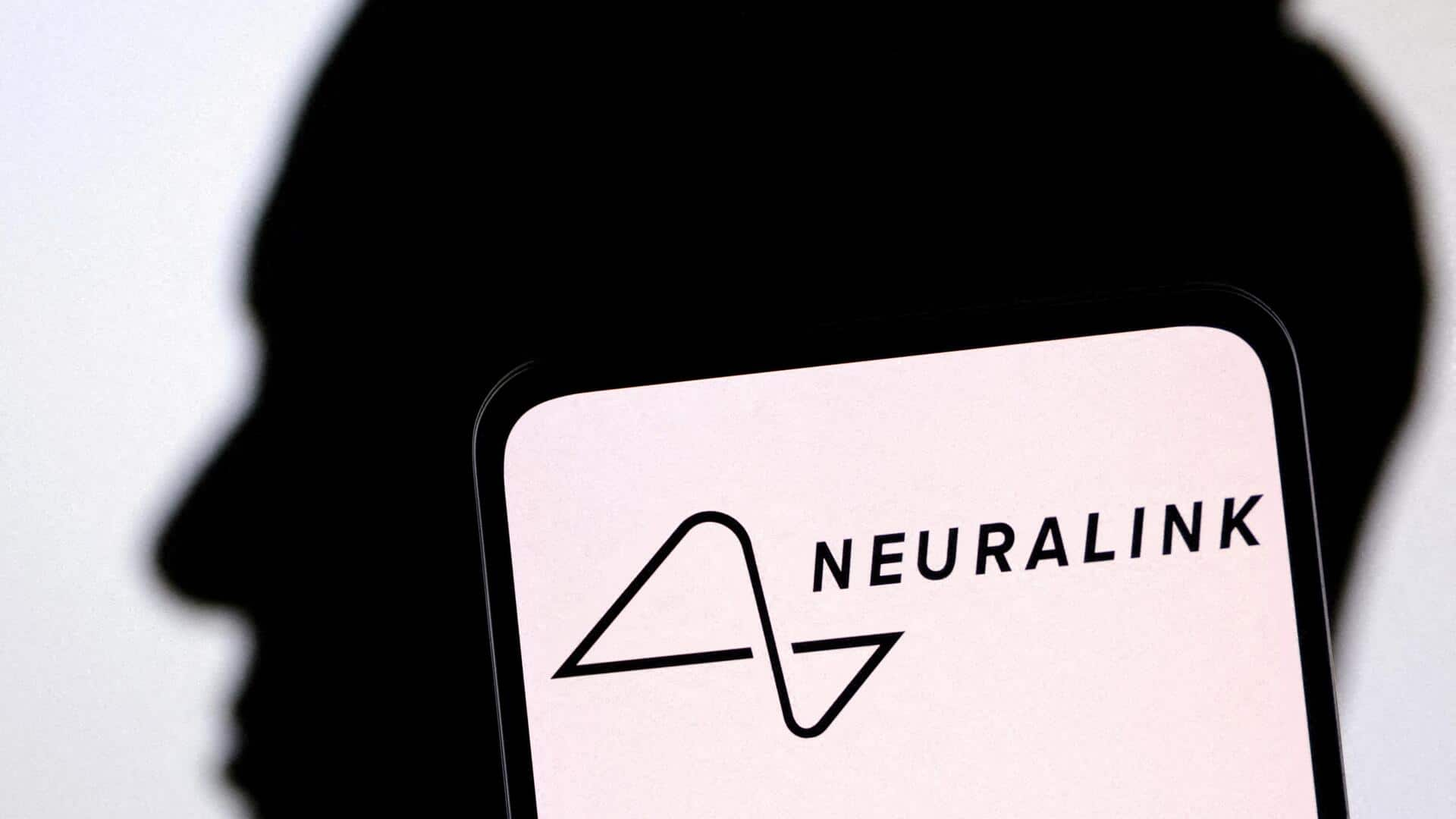
FDA approves Neuralink's brain chip implant in second patient
What's the story
The US Food and Drug Administration (FDA) has given green light to Neuralink for implanting its innovative brain chip in a second patient. The company recently started accepting applications for a second participant to receive its implant. FDA's approval follows Neuralink's proposed solutions to a problem that surfaced with the first test participant, Noland Arbaugh. The modifications involve embedding some of the gadget's ultrathin wires deeper into the brain, as per a document viewed by The Wall Street Journal.
Emotional journey
First test participant shares his experience
The first test participant, Arbaugh, has described his experience with the Neuralink device as an emotional roller coaster. After implantation in January, Arbaugh was able to control a computer cursor using only his thoughts. This breakthrough permitted him, a quadriplegic with no movement below his shoulders for eight years, to interact with the world in ways he hadn't since his accident.
Technical issues
Device malfunction leads to emotional downfall
Arbaugh also shared his experience when the device lost some functionality. A month after the surgery, he noticed a decline in the device's performance. Most of the threads implanted in his brain had become loose, and were no longer reading the electrical signals required to translate his thoughts into cursor movements. "I was on such a high and then to be brought down that low. It was very, very hard," Arbaugh shared in an interview.
Problem solving
Neuralink's approach to addressing Arbaugh's problem
Neuralink informed Arbaugh that around 15% of the implanted threads remained in place in his brain. However, the software modifications made by the company later helped him regain many of the device's capabilities. Arbaugh revealed that Neuralink had underestimated how much the brain would move inside the skull, with his brain moving up to three times what the company expected.
Enhanced performance
Device performance improved after modifications
When Arbaugh discovered why his implant had stopped responding to his thoughts, he inquired about possible solutions. A few weeks after disclosing the problem, Neuralink improved the performance of his device by altering how it decoded his brain signals. This modification improved functioning so much that Arbaugh said he has now exceeded the capabilities he had before the threads retracted, making him "very, very hopeful for the future."
New approach
Neuralink's proposed solution approved by FDA
To address the issue of brain movement, one of Neuralink's proposed solutions approved by the FDA is to implant threads 8mm into the brain's motor cortex, compared with about 3-to-5mm for Arbaugh. With this approval, Neuralink plans to implant a second participant in June. Over 1,000 quadriplegics have registered for its patient registry, though fewer than 100 qualify for the study.
Global reach
Future plans and international expansion
Neuralink aims to implant its gadget in 10 people this year, seeking a diverse set of recipients to study various behaviors. The company also plans to submit applications for similar trials to regulators in Canada and UK in the coming months. Its patient registry is already open for Canadians and will soon be opening for UK as well.